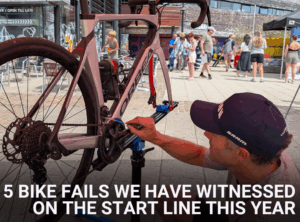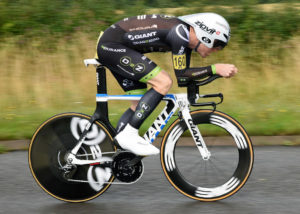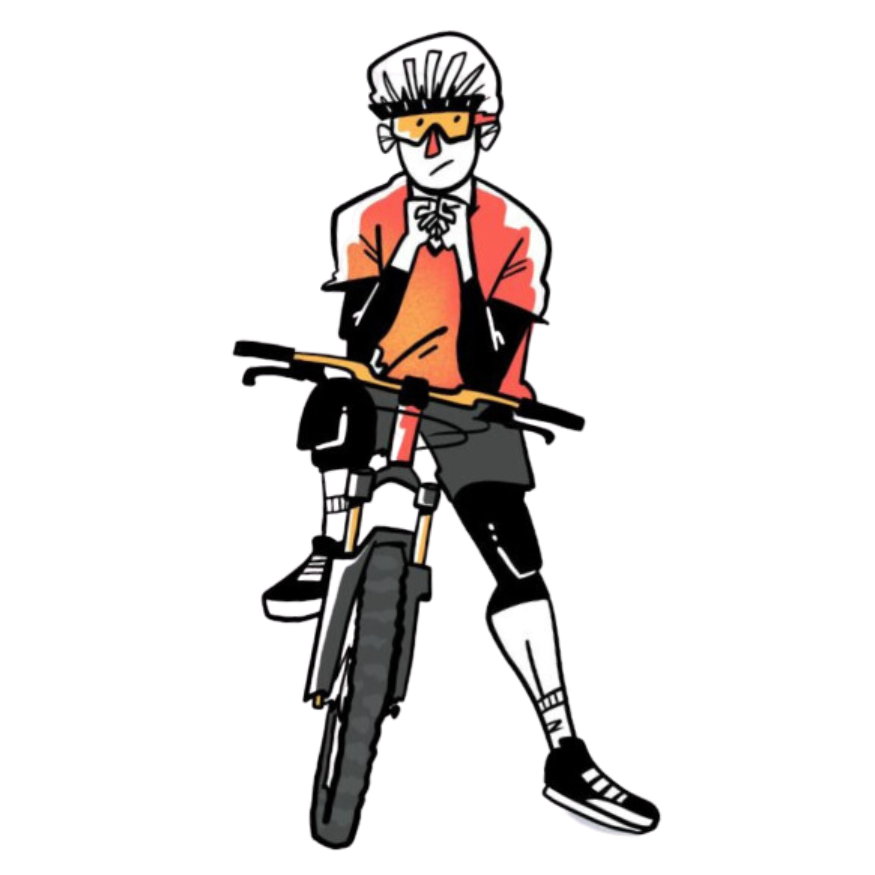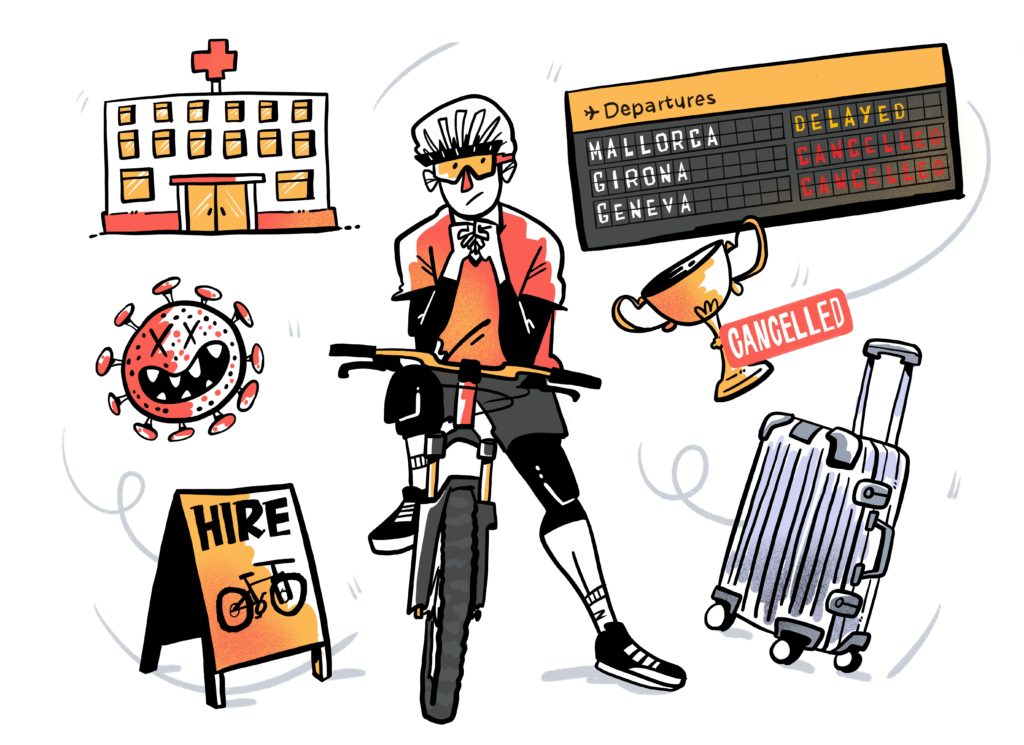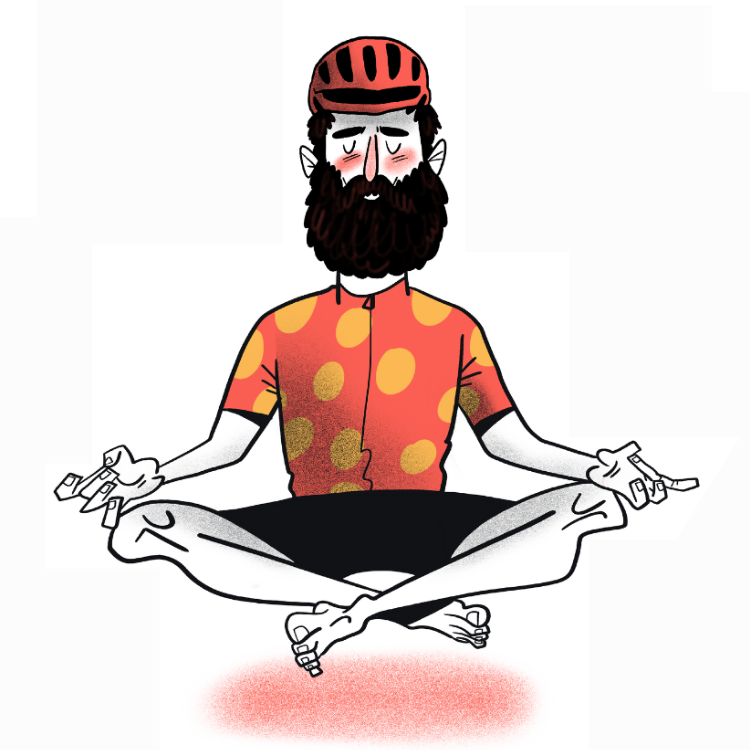For the first time in the modern era, the UCI World Championships came together in a full celebration of 13 of the sport’s disciplines in Glasgow, Scotland. With over 200 rainbow jerseys on offer, 2600 athletes competing, thrilling racing and a newfound appreciation of the more niche parts of our sport, this mega festival of cycling, dubbed ‘the Super Worlds’, has been a triumph.
Here are our conclusions from 11 days of action.
Para-athletes have their moment to shine
The greatest triumph of the Super Worlds is the fact that para-athletes have stood shoulder-to-shoulder with the rest of the athletes with events on the road and track happening concurrently. Just like the Commonwealth Games last year, this has brought greater exposure to those athletes and is an example and vision for all sports.
When it came to the competition, Great Britain absolutely cleaned up, topping the para table by quite some distance. It has also introduced the wider public to the exciting talents of Frances Brown, Sophie Unwin, Jaco Van Gass, Sam Ruddock, Archie Atkinson and Finlay Graham, while cementing the likes of Jody Cundy, Neil Fachie and Kadeena Cox as household names.
Will Paris 2024 be another gold rush?
Great Britain’s team also performed well at the Sir Chris Hoy Velodrome a year out from the Paris 2024 Olympic Games. In the lead up to the 2008, 2012 and 2016 Games, the British athletes would often develop, but not dominate, the Championships during those Olympic cycles, before winning almost every gold medal available in the year that mattered most. This ability to perfectly peak at the Olympics was unbelievably successful until a dip at the Tokyo Games. Great Britain still topped the medal tables but did not come away with the same amount of success as in previous years.
That notwithstanding, the seeds have been sown at this year’s Championships. The women’s team pursuit team is back on top, 20-year-old Emma Finucane has dethroned the Germans in the individual sprint and – with Sophie Capewell and Lauren Bell in the team sprint – pushed Germany closer than they’ve been pushed during the last cycle. In another Olympic discipline, Bethany Schriever defended her BMX title to truly make the 24-year-old the queen of the berms, and Kieran Reilly also tasted success in the men’s freestyle. In MTB, Great Britain won both the elite men’s and under-23 men’s titles with Tom Pidcock and Charlie Aldridge respectively. With Great Britain topping the medal table of Olympic and Paralympic events, we might just be on the verge of another extraordinary Games on two wheels.
Stars of the future become stars of the present
As well as Finucane and the aforementioned para-athletes, plenty of cyclists have been introduced during the championship. The BMX races are full of youngsters who will take the sport by storm. On the road, Van der Poel and Kopecky may take the plaudits, but look down the results sheet and you’ll see there were some breakout rides.
23-year-old Australian Matthew Dinham placed seventh in the men’s race, having been in the break for 178km. Signed to Team DSM – firmenich for the next two seasons at least, he will be one to watch in the one-day races. In the elite women’s race, Austria and Fenix-Deceuninck’s Christina Schweinberger was competing for victory until the very last having also won a bronze medal in the time trial. On the boards, New Zealand’s young women’s team pursuit squad came of age, winning silver and cementing themselves as a favourite for next year’s Olympics. The same can be said of the Danish squad who won the men’s race.
23-year-old Kiwi Ellesse Andrews also tasted success in an Olympic event winning the keirin, with the men’s event also being won by a first timer in 24-year-old Colombian Kevin Quintero. In total there were nine first-time rainbow jersey wearers.
Mathieu and Lotte the Great
The elite men’s road race was truly epic. A much-maligned course before the racing began, the Glasgow circuit – which was akin to a 100km criterium – brought the favourites to the fore. Then, from a group of Tadej Pogačar, Wout van Aert, Mads Pedersen and Mathieu van der Poel, the Dutchman launched a venomous attack, caught and passed Alberto Bettiol, before soloing to victory. He even had time to inject some further excitement by crashing on a corner and breaking his shoe. The victory and his quest to stand alongside Pauline Ferrand-Prévot by holding road, cyclocross and MTB jerseys all at the same time, passes him into legend… as well as story in the Scottish press about how he used a resident’s house to relieve himself during a neutralisation due to a protest.
The elite women’s race was just as tough and also crowned the strongest rider in the world, Lotte Kopecky, as champion. She had already had a sensational Championships before Sunday’s race having won the points and elimination races on the track, but the road race is the crowning achievement in her career so far. Just like in the men’s race, the Glasgow course whittled the race down to an elite group of Kopecky, Demi Vollering, Marlen Reusser, Cecilie Uttrup Ludwig, Elizabeth Deignan and Schweinberger. Just like Van der Poel, she launched an explosive attack and soloed to victory. Omloop Het Nieuwsblad, Tour of Flanders, double national champion, stage win, days in yellow and the green jersey in the Tour de France Femmes avec Zwift, Kopecky’s 2023 record is better than most entire lifetime palmaresos.
Downhill mayhem
If there’s one event not to be missed at the worlds, it’s the downhill mountain biking. Speed, skill, and a gnarly course – it’s one of the most epic events of them all. In the women’s downhill, Austrian 21-year-old Valentina Höll retained her title by two seconds in a thrilling race with an equally incredible showdown in the men’s race.
Before the off, Brit Charlie Hatton – who races for Atherton Bikes, that of legendary siblings Rachel and Gee – was ranked seventeenth in the world. Then came the rain and the mud, making the Nevis Range course even more challenging. Hatton took it in his stride, though, and emerged a surprise victor, beating some of the best riders of the past decade to the title.
A true World Championships
More nations than ever before competed across the various events in Glasgow with a larger proportion from the African continent than we have seen at previous Worlds. With the road events heading to Rwanda in 2025, this is particularly important for the development of cycling in Africa before those Championships.
There was also the moving sight of a team of female cyclists who fled Afghanistan, competing for their nation, one that is now ruled by a regime that would ban them from doing so in their own country. For some of these athletes, just getting to the start line was as big of a triumph as capturing the rainbow bands. Although that may be the case for now, there is true talent here, and the sport will be far better, far more diverse and far more inclusive for helping develop these riders into champions.
Could we have had cyclocross?
13 disciplines across the sport were represented in Glasgow, with one notable absence, cyclocross. This is naturally a winter discipline with the ‘cross Worlds being held in January or February, but looking at the footage from the MTB races in Glentrees Forest, were they not cyclocross conditions? We could have had Van der Poel, Pidcock, and Kata Blanka Vas competing for yet another jersey.
All in all, the Super Worlds has been a successful experiment. In future, it will now be held every four years – a bit like a World Cup or Olympics – but will of course only be able to be held in cities that have or can build the right infrastructure for all 13 events. For now, we say bravo and raise a premium glass of scotch to Glasgow.




